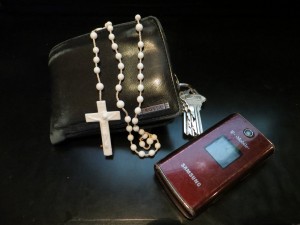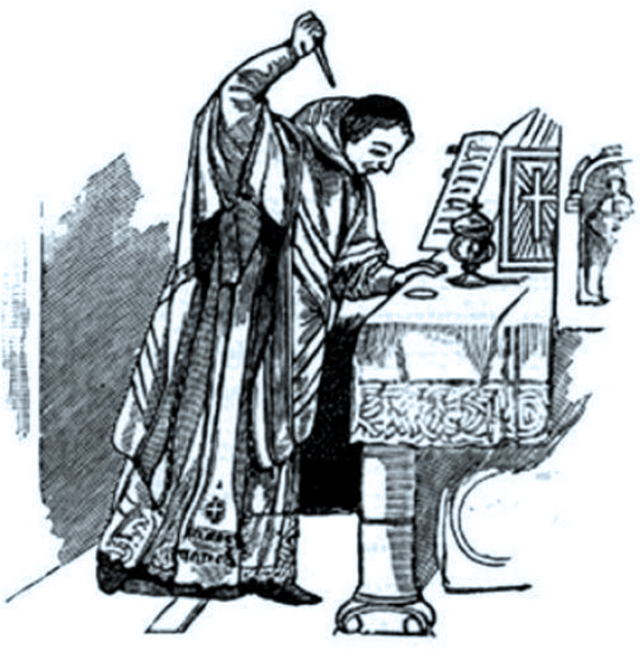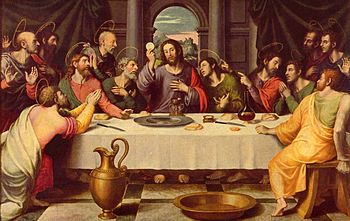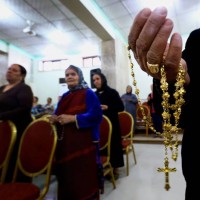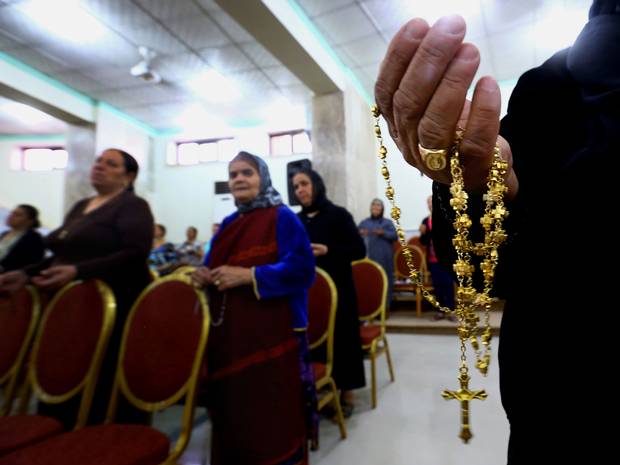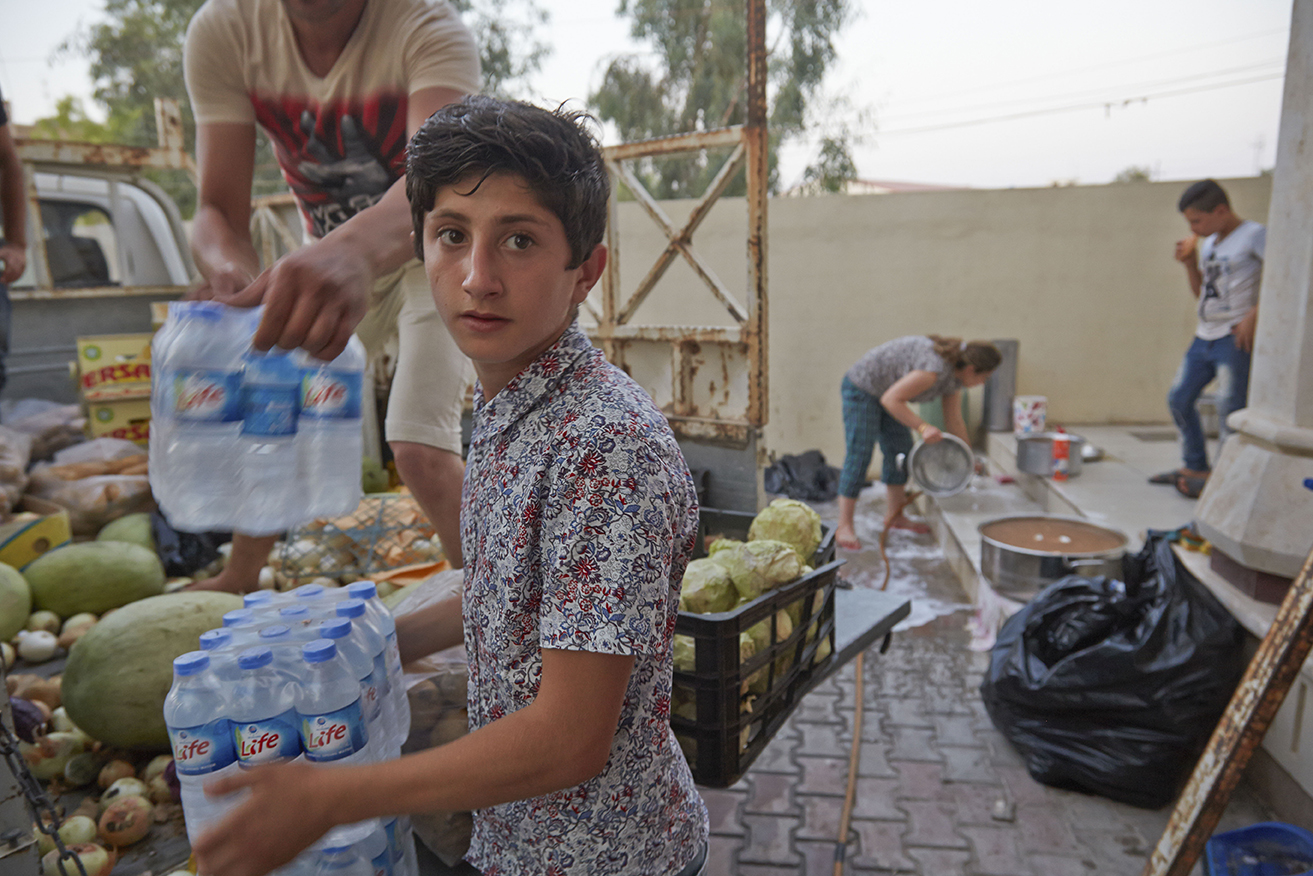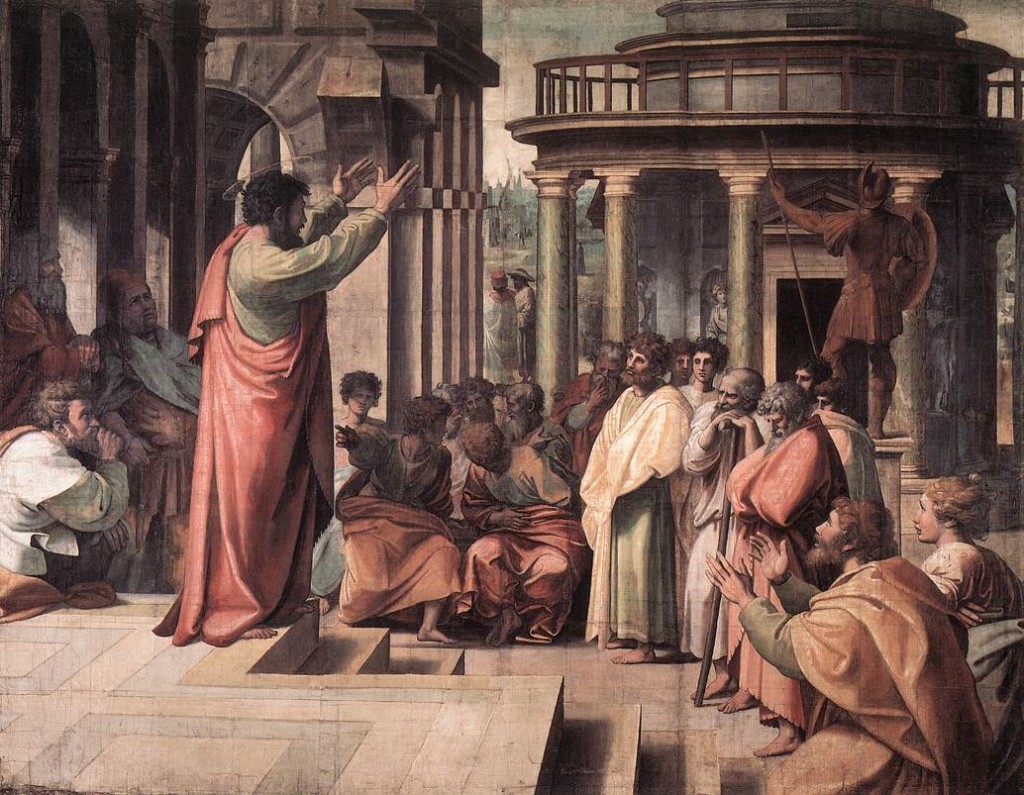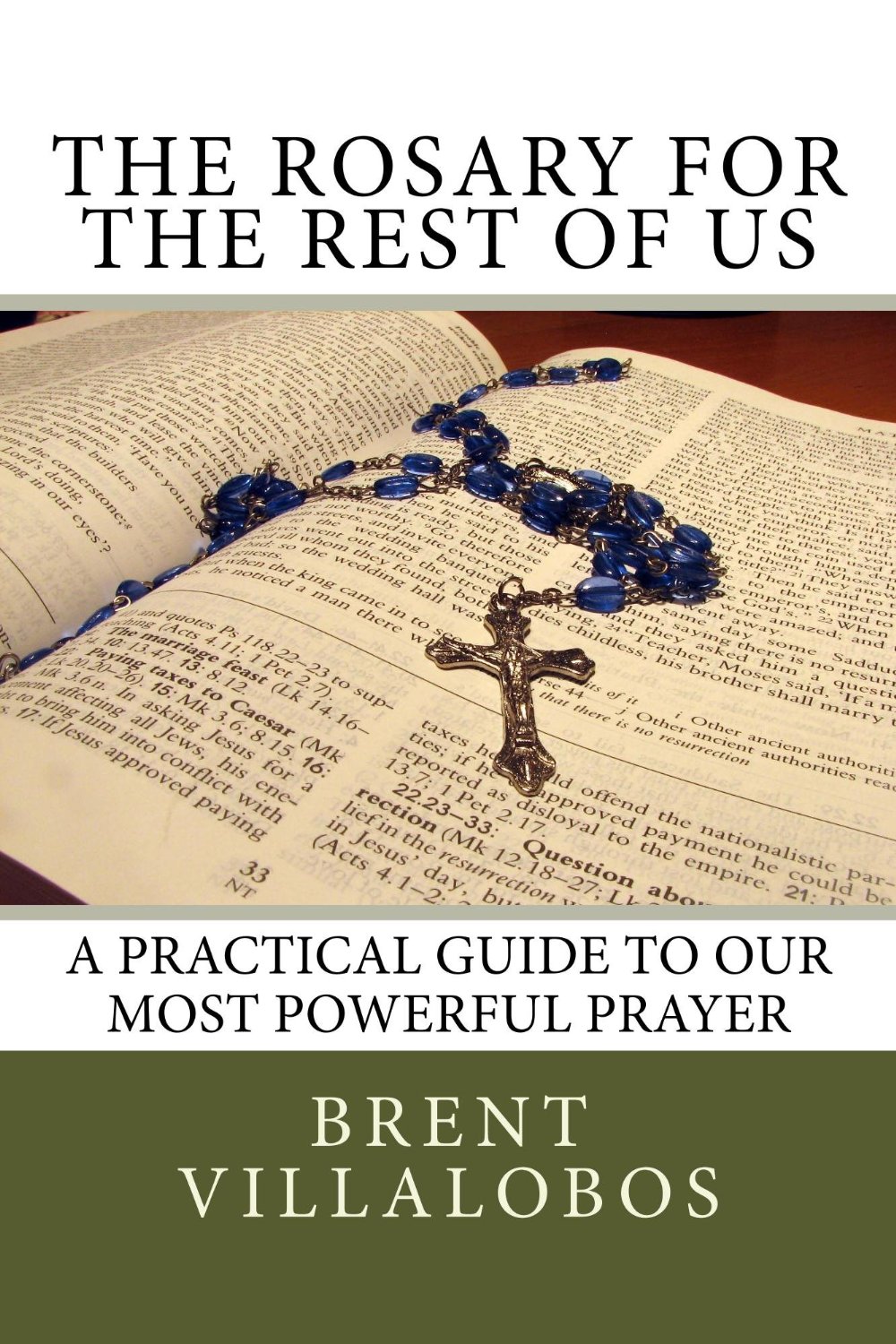As I read the Catechism as part of my new year’s resolution I’m going to share little insights and passages that I find relevant to rosary prayer. I came across this prayer in section 260 which I think highlights the power and peace that comes from prayer. It’s part of the prayer of Blessed Elizabeth of the Trinity:
O my God, Trinity whom I adore, help me forget myself entirely so to establish myself in you, unmovable and peaceful as if my soul were already in eternity. May nothing be able to trouble my peace or make me leave you, O my unchanging God, but may each minute bring me more deeply into your mystery! Grant my soul peace. Make it your heaven, your beloved dwelling and the place of your rest. May I never abandon you there, but may I be there, whole and entire, completely vigilant in my faith, entirely adoring, and wholly given over to your creative action.
In business there is a saying — work the job you want, not the job you have. In other words, if you want to receive a promotion or have greater responsibilities at work, then take the initiative to display your skills now in your current role. Otherwise, you’ll always stay where you are because no one will see that you have the abilities or desire for anything greater.
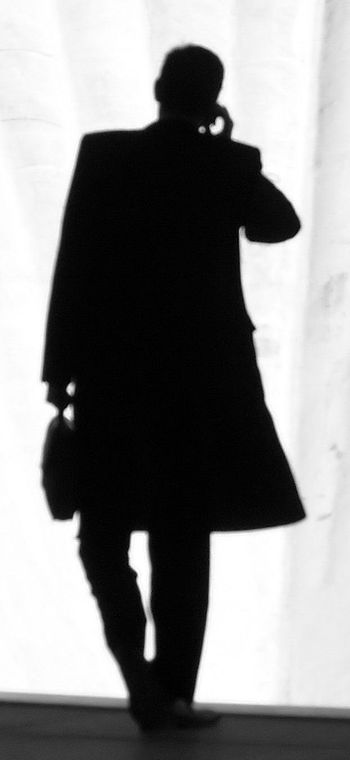
I think Blessed Elizabeth’s prayer is the spiritual equivalent of that business philosophy. Act like you’re already one of the saints at peace in God’s Kingdom. After all, Heaven is our ultimate goal (or at least it should be) where we will realize how inconsequential and petty many of our problems really are. Why focus so much time and energy on the problems of this life? This life is temporary and fleeting and is not where God calls us. God calls us to look past our earthly selves and look towards raising to new life with Him in Heaven. If you want your soul to live in Heaven, then act heavenly while on earth.
This prayer’s message is echoed in the First Glorious Mystery, Jesus’ Resurrection. When Jesus rose from the dead He showed us that our earthly death is not the end, but only a transition. In His resurrection, Jesus opened the gates of Heaven and provided a place for us. Our souls are not temporary and bound only to this life but will live on for eternity. But how do we want to live that eternity? In the grace and joy of Heaven or in the despair and anguish of Hell? When we pray this rosary mystery, we should meditate and examine how much we are truly living for the place in Heaven Jesus prepared for us in His resurrection.

Blessed Elizabeth’s prayer also recalls themes from the Third Luminous Mystery — Jesus’ Proclamation of the Kingdom of Heaven and the Call to Conversion. She talks about how our journey into God’s grace is achieved “each minute.” In other words, grace is achieved in small steps, not in one fell swoop. It’s not like we fall asleep one night wallowing in sin and wake up the next day a saint. Conversion is a process made up of a lifetime of small steps into God’s grace. We should take that to heart when we pray this mystery because it can be so easy to become discouraged when it seems like no matter how hard we try we don’t find that peace we so desperately crave. Remember, Jesus didn’t find peace here on earth either. True peace is found only in Heaven. And you find Heaven only when you convert your earthly ways into heavenly ones.
If you want peace and you want Heaven, work towards it now. Pray, confess, fast, receive the sacraments, and learn and follow Jesus’ teachings. You don’t have to be officially recognized a saint to act like one.



























